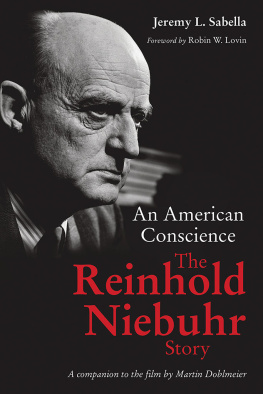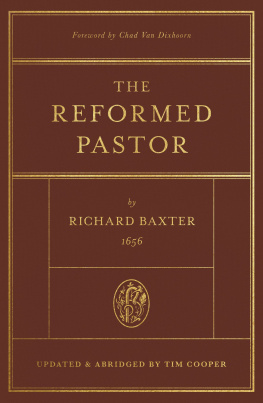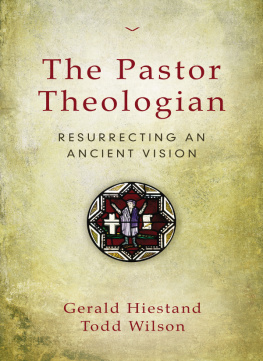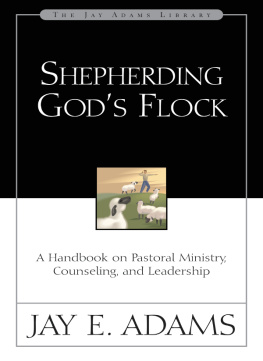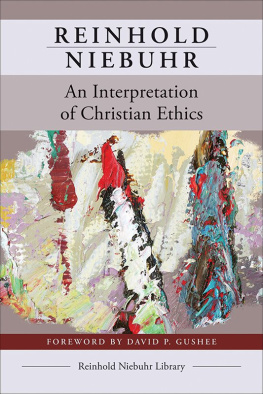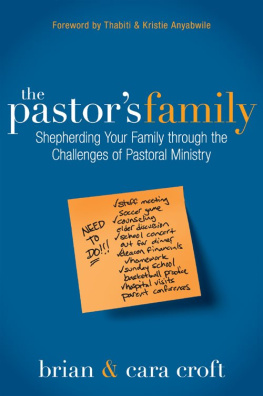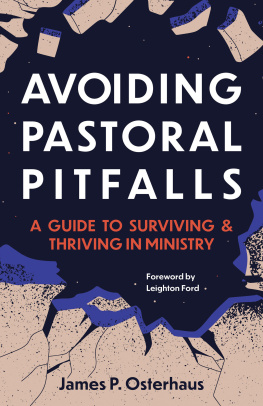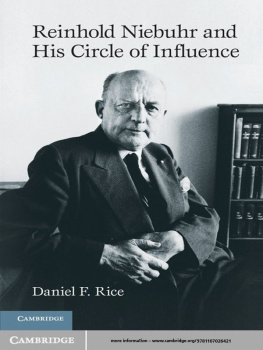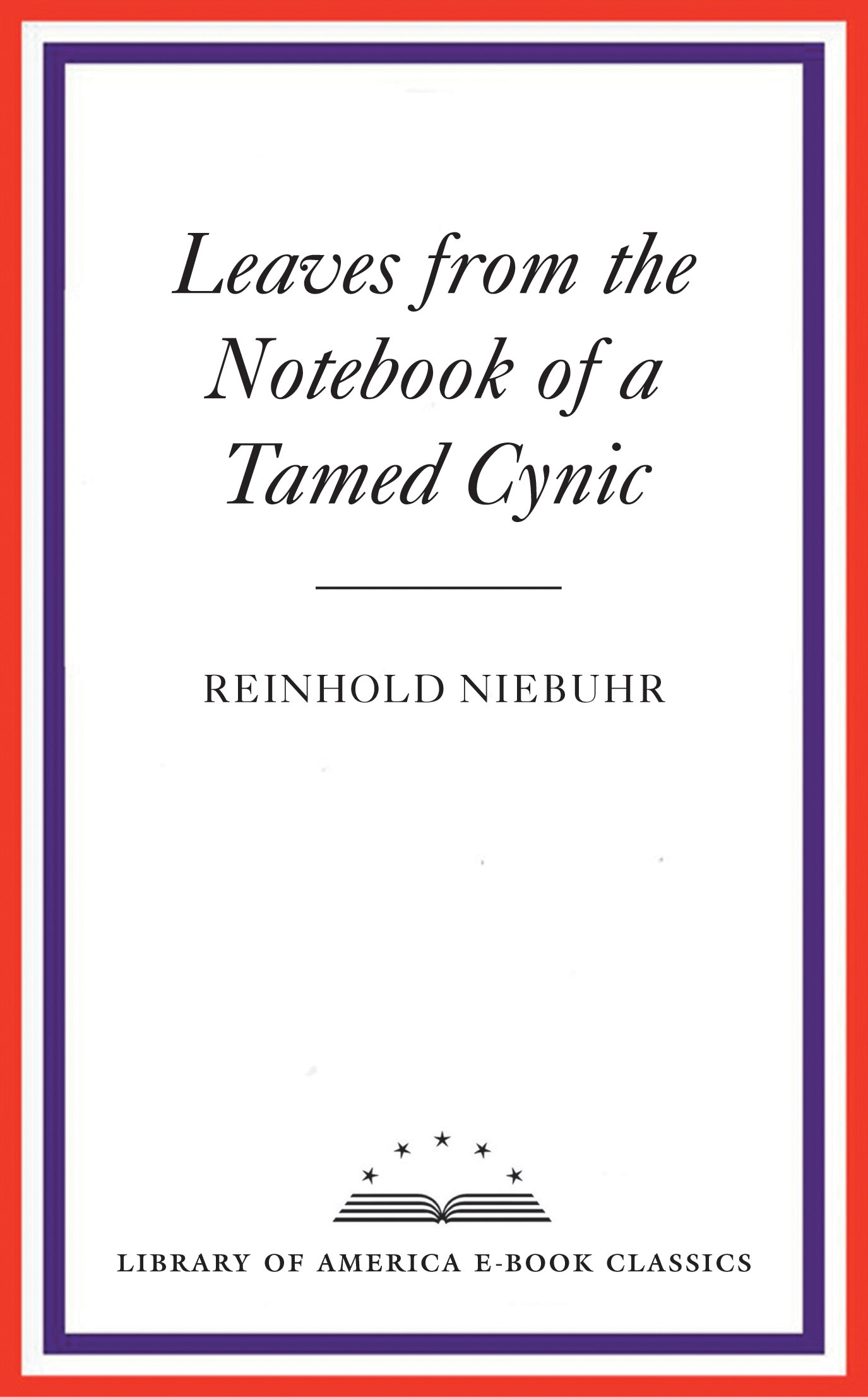THE LIBRARY OF AMERICA, a nonprofit publisher, is dedicated to publishing, and keeping in print, authoritative editions of Americas best and most significant writing. Each year the Library adds new volumes to its collection of essential works by Americas foremost novelists, poets, essayists, journalists, and statesmen.
Visit our website at www.loa.org to find out more about The Library of America, and to sign up to receive our occasional newsletter with exclusive interviews with Library of America authors and editors, and our popular Story of the Week e-mails.
Editors Foreword
When Reinhold Niebuhr began composing the notebook jottings assembled here, he was in his early twenties, the young and very energetic pastor of a small but growing church in Detroit, a city itself in the throes of rapid development as a center for the new automobile industry. The urban world was in some ways a challenge for him, since it was so far removed from the rural small-town life in which he had been reared. Apologizing for his critical and immature tone in the preface to this books first edition (1929), he hoped at least that his thoughts about his urban ministry might be of interest or use to other young pastors encountering parish work for the first time. He did not hesitate to say that he, and they all, needed to learn their way around the impossible contradictions at the heart of this job: [The modern ministry] is committed to the espousal of ideals... which are in direct conflict with the dominant interests and prejudices of contemporary civilization, he wrote, and nowhere more so than in the United States, where neither ancient sanctities nor new social insights tend to qualify... the heedless economic forces of an industrial era.
He never forgot this fundamental dilemma, and he didnt want his readers or parishioners to forget it either. The Christian ideals of love, repentance, and renewed dedication to the clarity and simplicity of a purified spiritual life had to be central for all of them, however compelling the noise, bustle, allure, and dangers of American business and society. The business of being sophisticated and nave, critical and religious, at one and the same time is as difficult as it is necessary, and only a few are able to achieve the balance.
A quarter of a century later, when a new edition of Leaves was prepared, several generations of lay people as well as pastors were already using Niebuhrs little book as a manual of arms, a book of consolation, an example for imitation, as the Chicago historian Martin Marty put it in a foreword to that edition. Yet Niebuhr once again apologized, now for its dated contents, since the book expressed the typical notions of liberal Protestantism before the whole liberal world view was challenged by world events. The Great Depression, the rise of fascism and totalitarianism, and another horrific world war had inevitably marked him and his contemporaries, causing many of them to revolt against both the secular and religious pieties of the age. Thus indisputable evidence is offered for the fact that we are all, whatever our pretensions, the children of our day and hour. What we think of man and God, of sin and salvation, is partly prompted by the comparative comforts or discomforts in which we live. It is a very sobering reflection on the lack of transcendence of the human spirit over the flux of historical change.
Still, Leaves from the Notebook of a Tamed Cynic continued to gain readers attracted to what some called its prophetic wisdom. Prophetic not only in the sense of prescient or far-seeing, but also in the theological sense of being alert, as Rabbi Abraham Heschel put it, of being, like the biblical prophets Hosea, Amos, and Isaiah, open to what is happening.
The publication of this new edition, using a technology unknown in Niebuhrs lifetime, attests to the continuing value of Niebuhrs thought a full century after he composed the first entry in his notebook. But that is surely no surprise, since the lack of social justice, the yawning gulfs between rich and poor, the dominance of commerce and greed, and the corruption of public lifeevils he preached against his whole lifeare with us still. But so, too, are the human virtues and moral strivings he cherished and nurtured among his parishioners. Decades after he left Detroit, he repeatedly declared his affection for the parish where he had learned so much. He was forever grateful for the chance he had had to share with it in the great adventure, as he once called it, of bringing the difficult, messy facts of modern life into alignment with Christian commandments.
Elisabeth Sifton
December 2014
Contents
LEAVES FROM THE NOTEBOOK OF A TAMED CYNIC
TO
my friends
and former coworkers
in
Bethel Evangelical Church
Detroit, Michigan
Preface and Apology
M OST OF the reflections recorded in these pages were prompted by experiences of a local Christian pastorate. Some are derived from wider contacts with the churches and colleges of the country. For the sake of giving a better clue to the meaning of a few of them, it may be necessary to say that they have as their background a pastorate in an industrial community in which the natural growth of the city made the expansion of a small church into a congregation of considerable size, in a period of thirteen years, inevitable. By the time these lines reach the reader the author will have exchanged his pastoral activities for academic pursuits.
It must be confessed in all candor that some of the notes, particularly the later ones, were written after it seemed fairly certain that they would reach the eye of the public in some form or other. It was therefore psychologically difficult to maintain the type of honesty which characterizes the self-revelations of a private diary. The reader must consequently be warned (though such a warning may be superfluous) to discount the unconscious insincerities which no amount of self-discipline can eliminate from words which are meant for the public.
The notes which have been chosen for publication have been picked to illustrate the typical problems of a modern minister in an industrial and urban community and what seem to be more or less typical reactions of a young minister to such problems. Nothing new or startling was attempted in the pastorate out of which these reflections grew. If there is any justification for their publication, it must lie in the light they may throw upon the problems of the modern church and ministry rather than upon any possible solutions of these problems.


